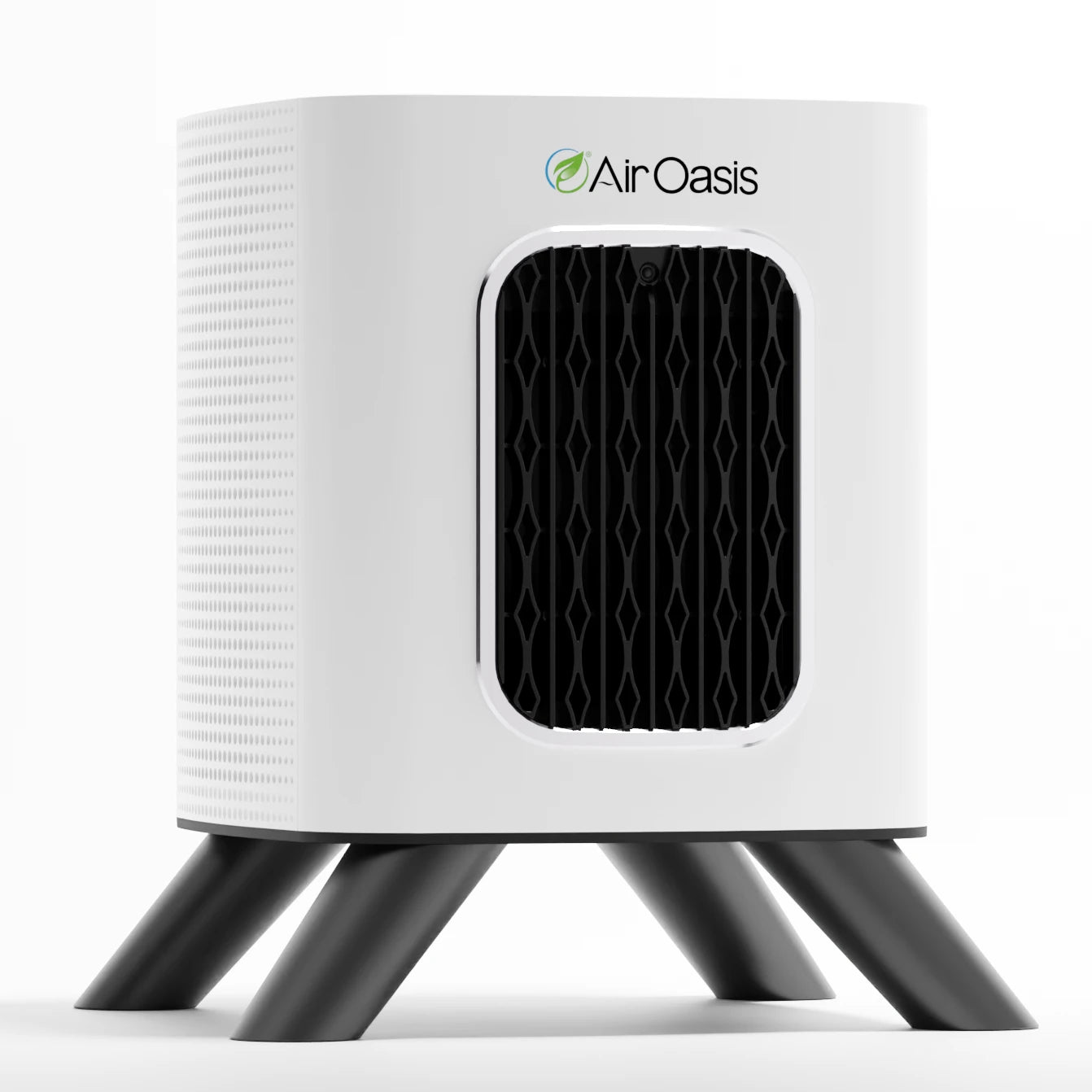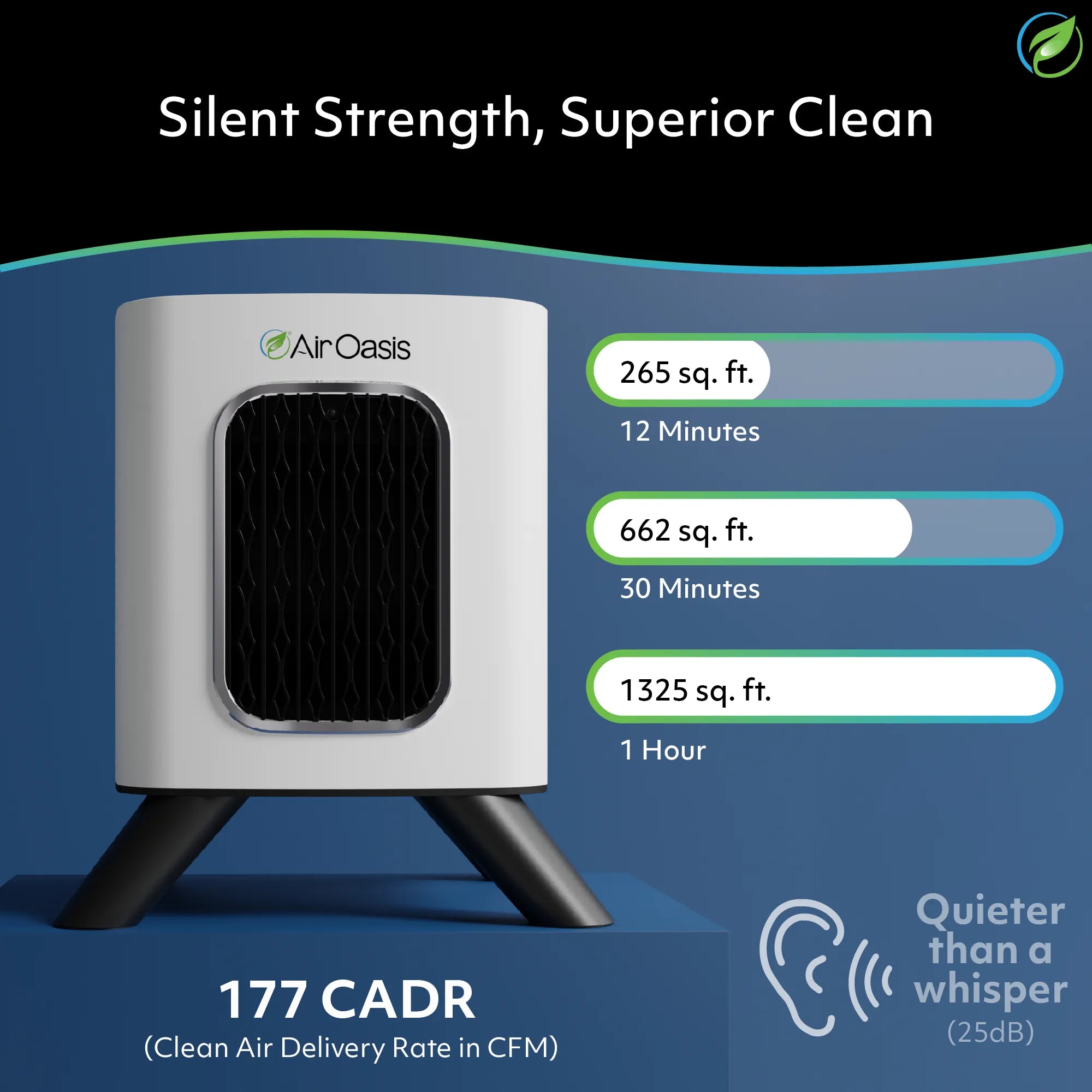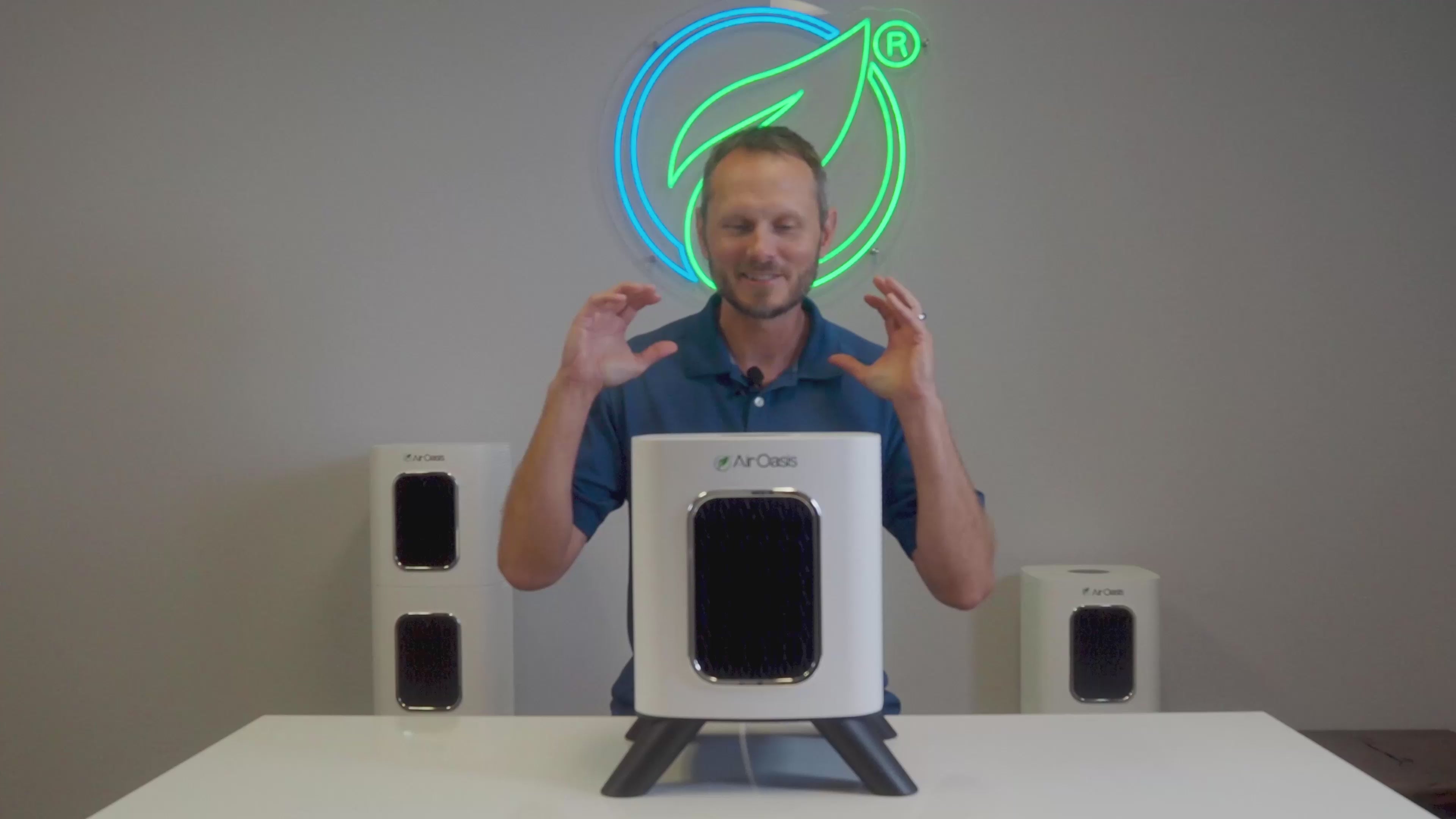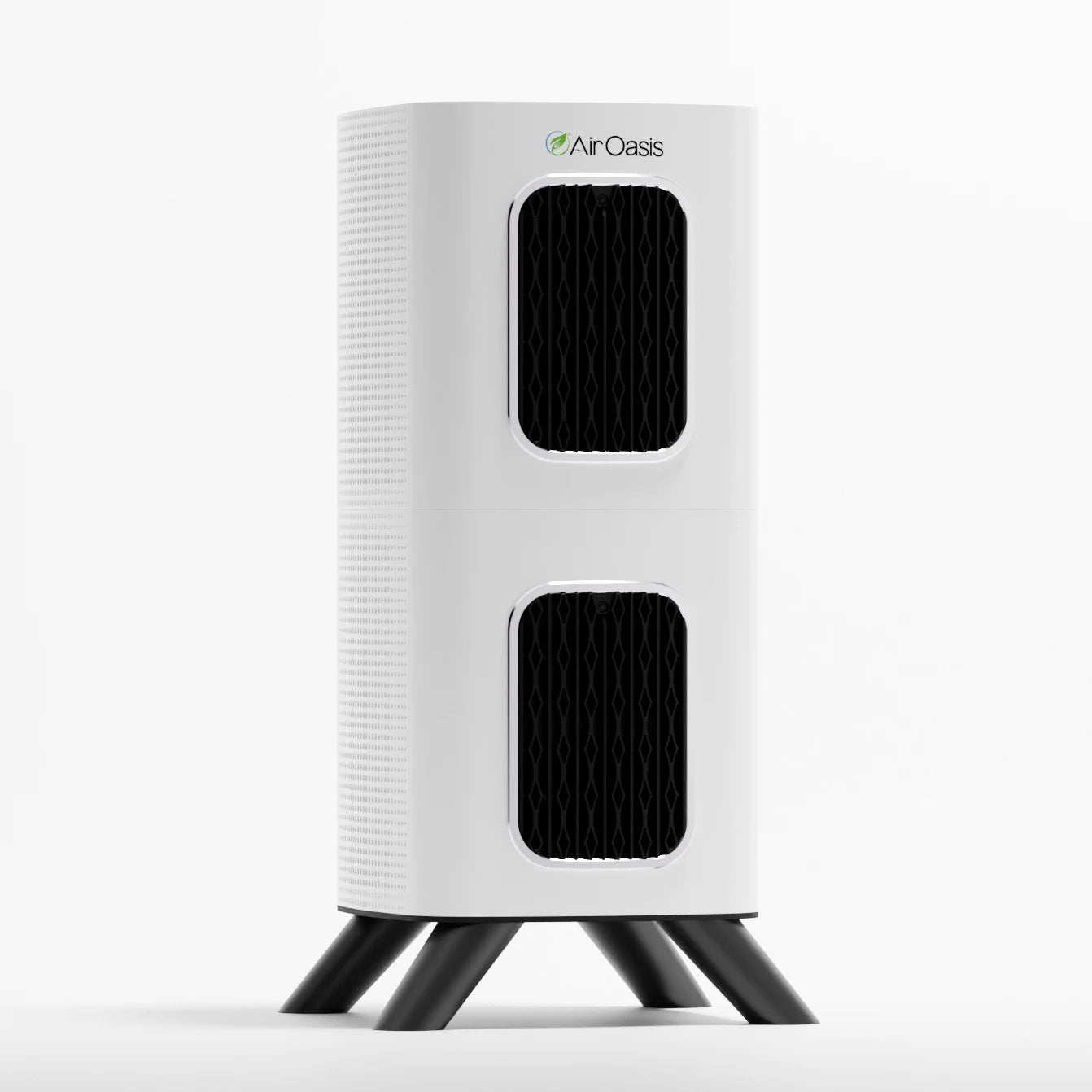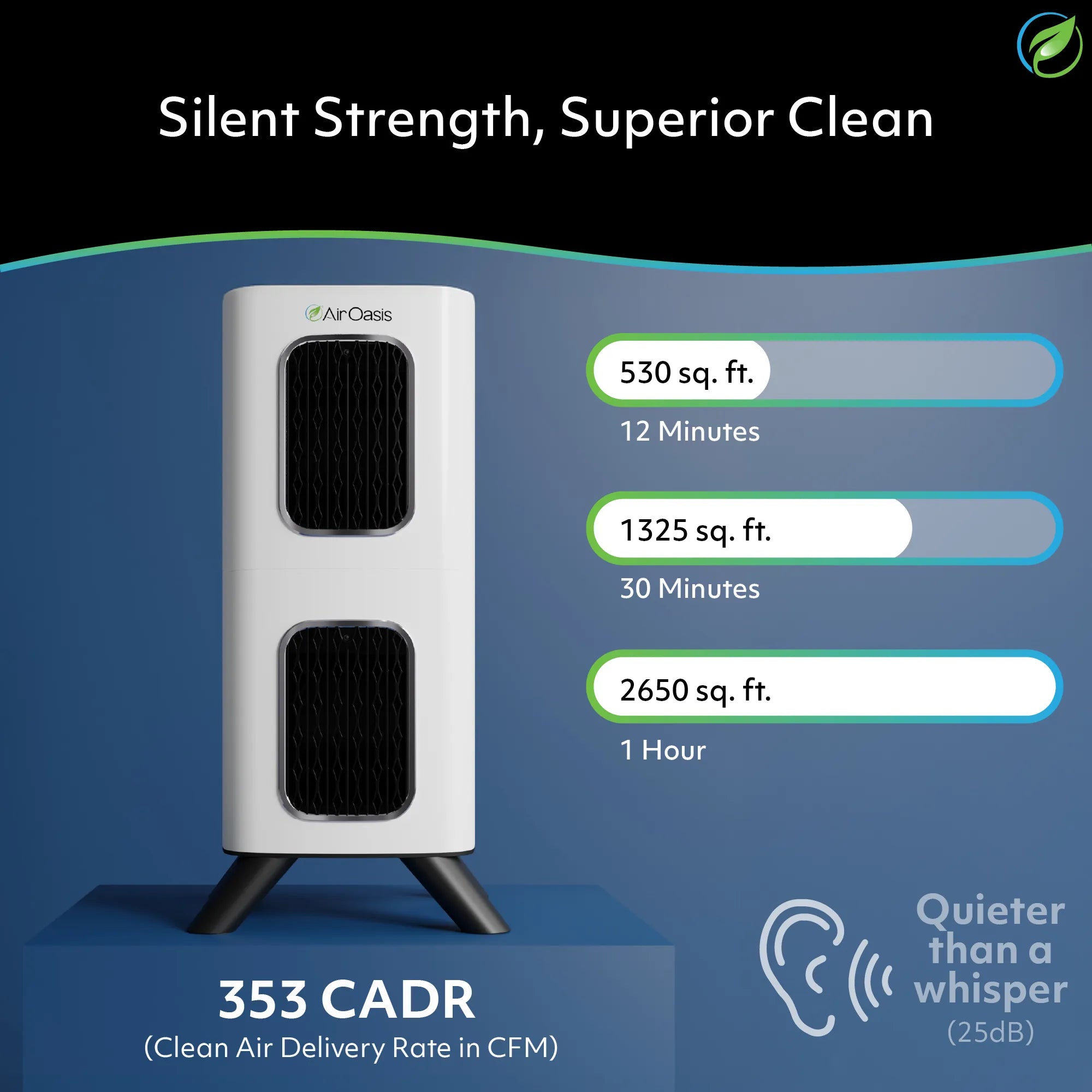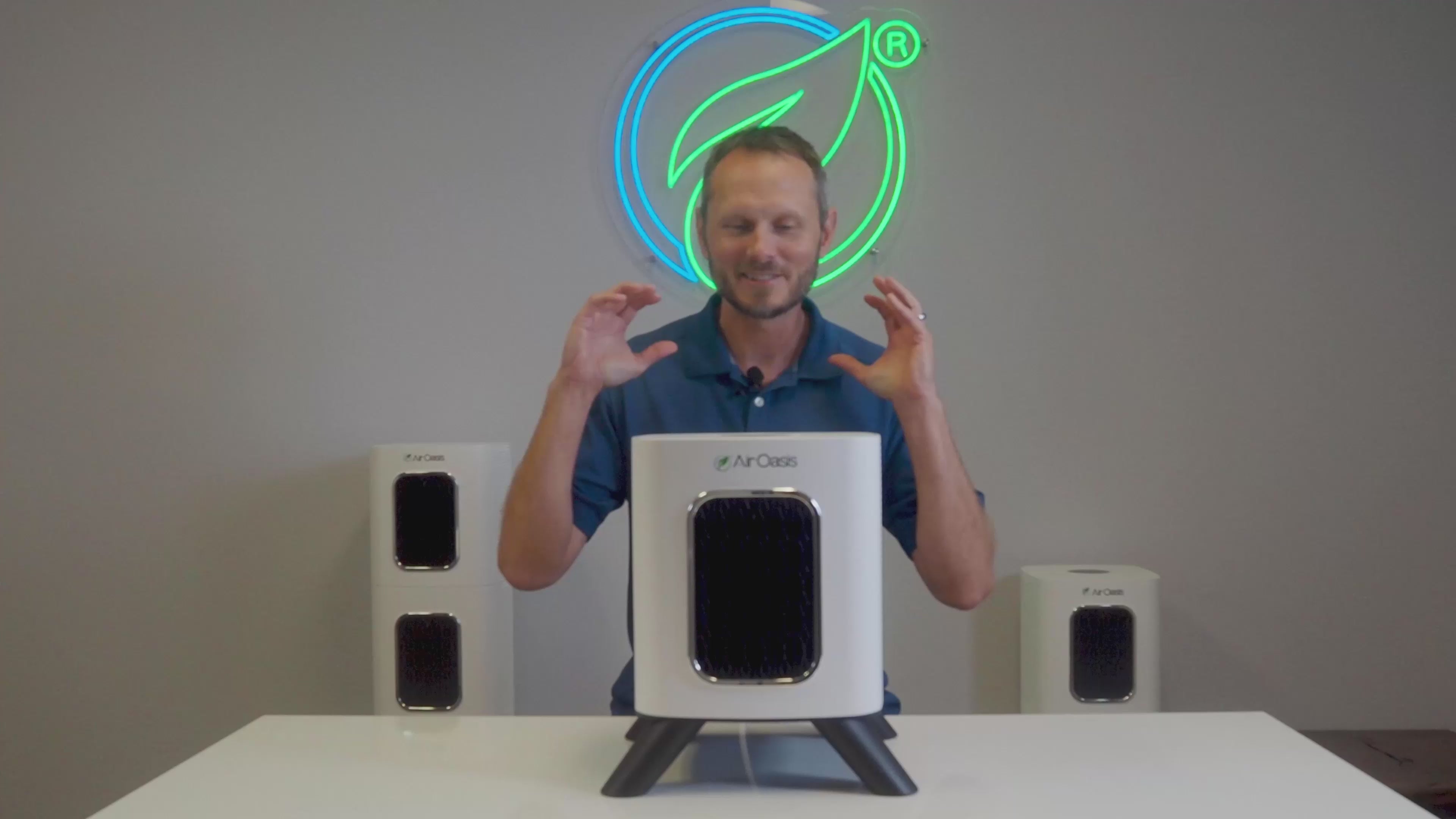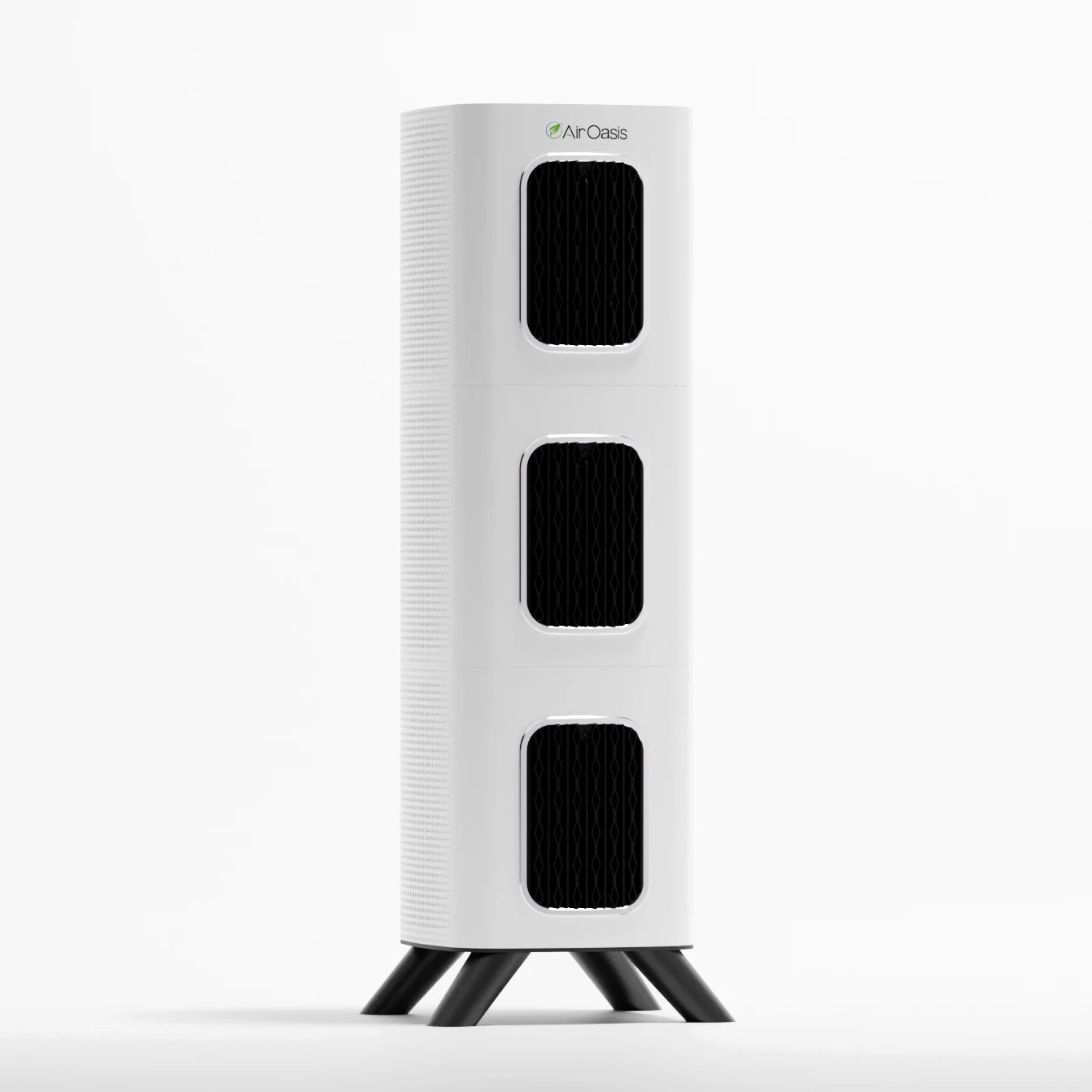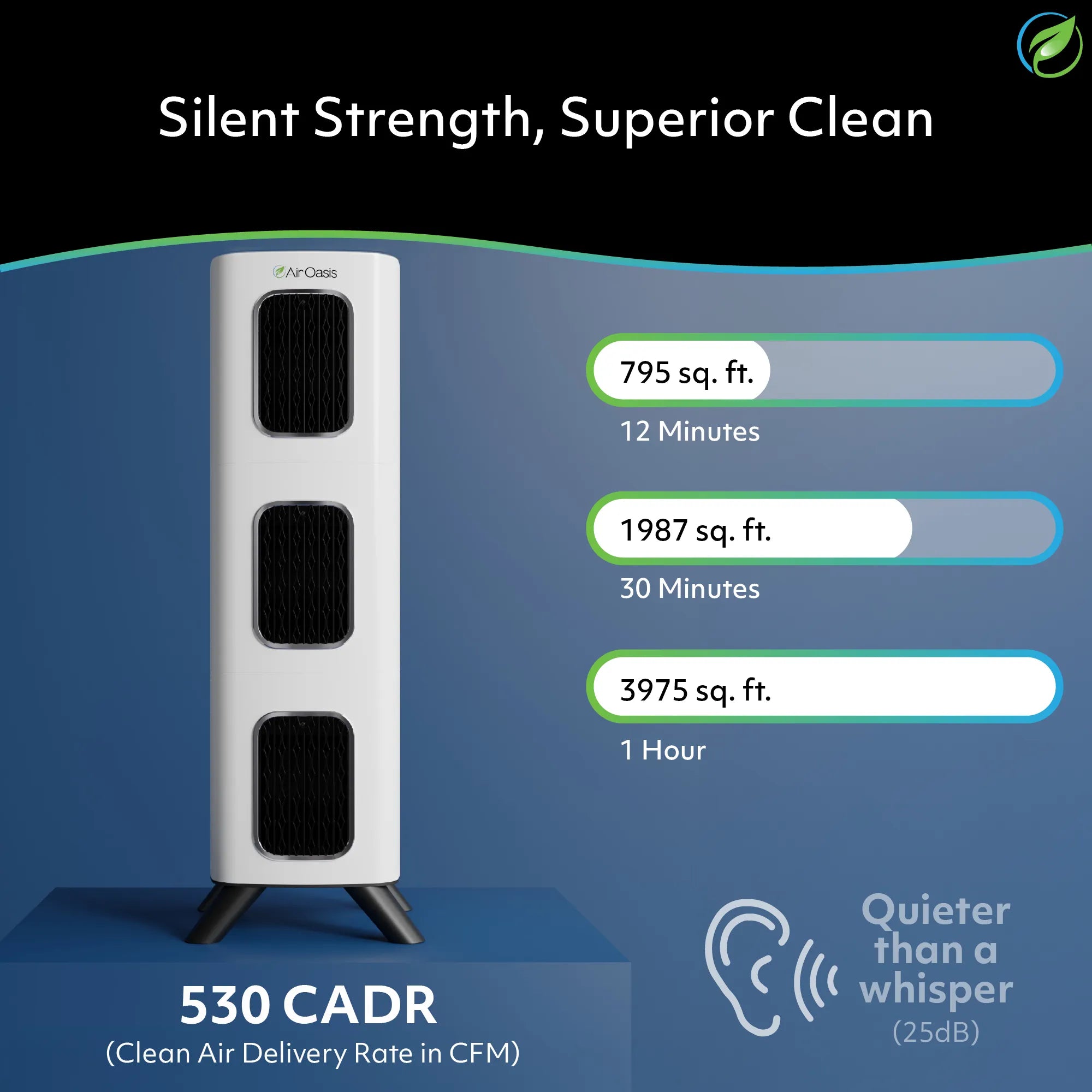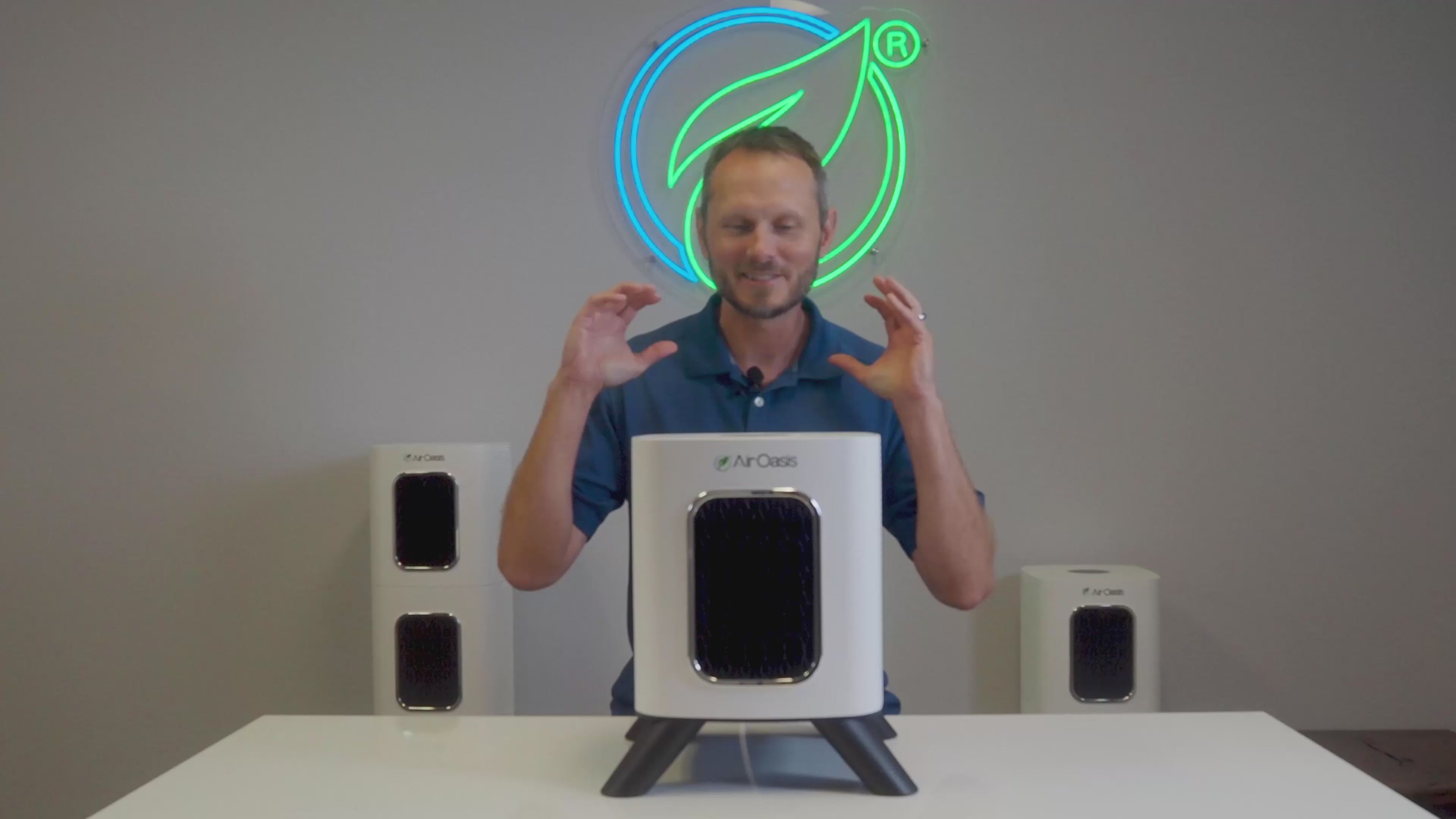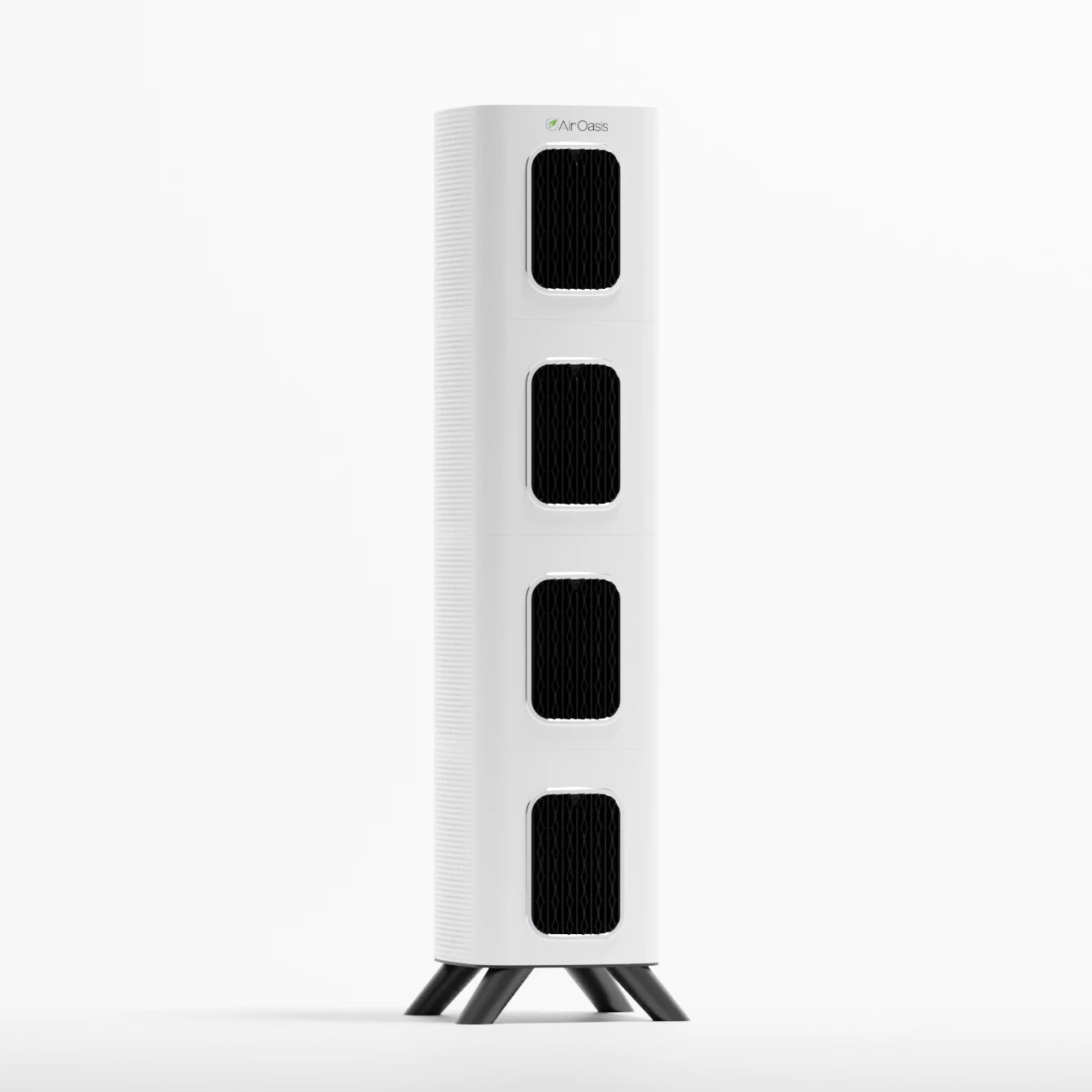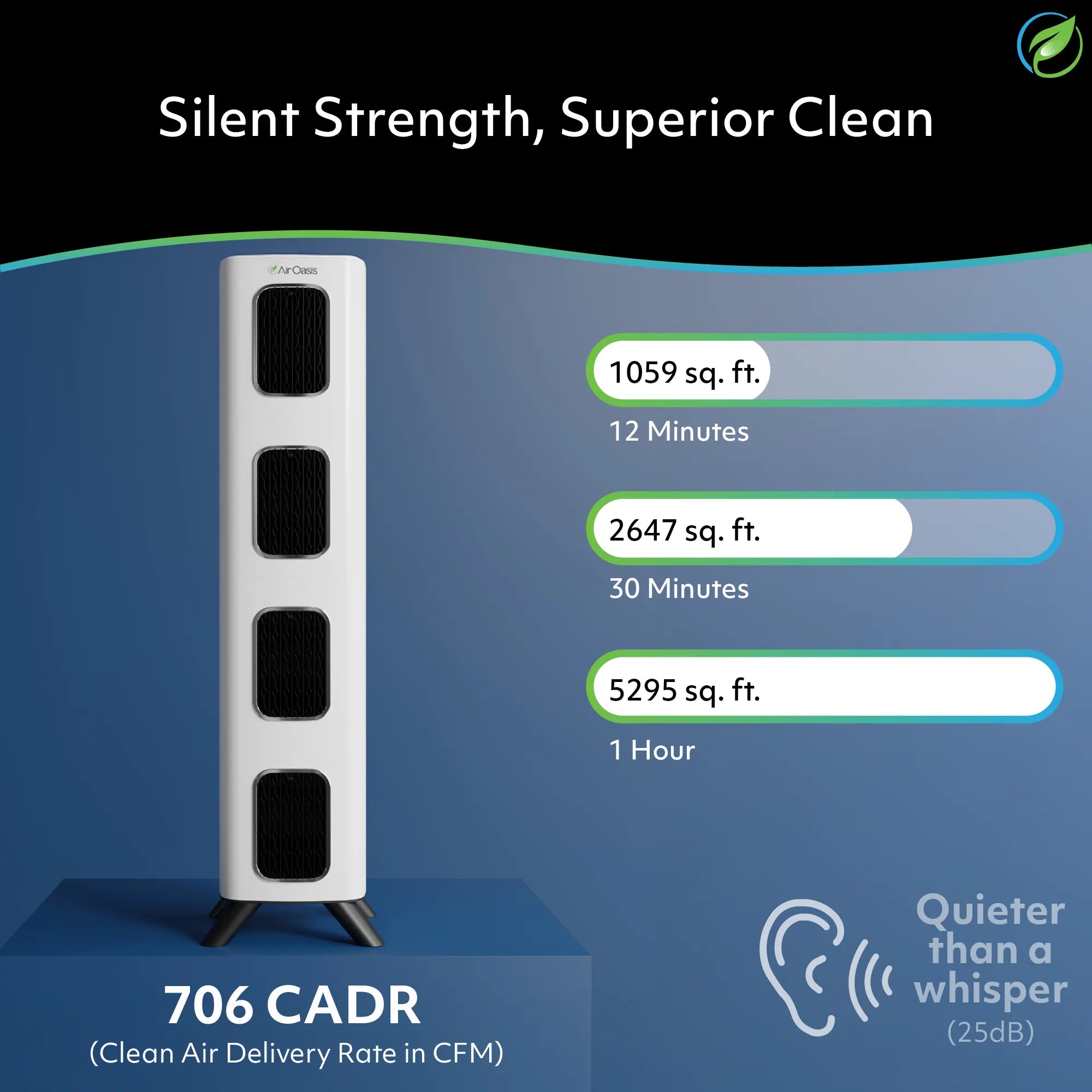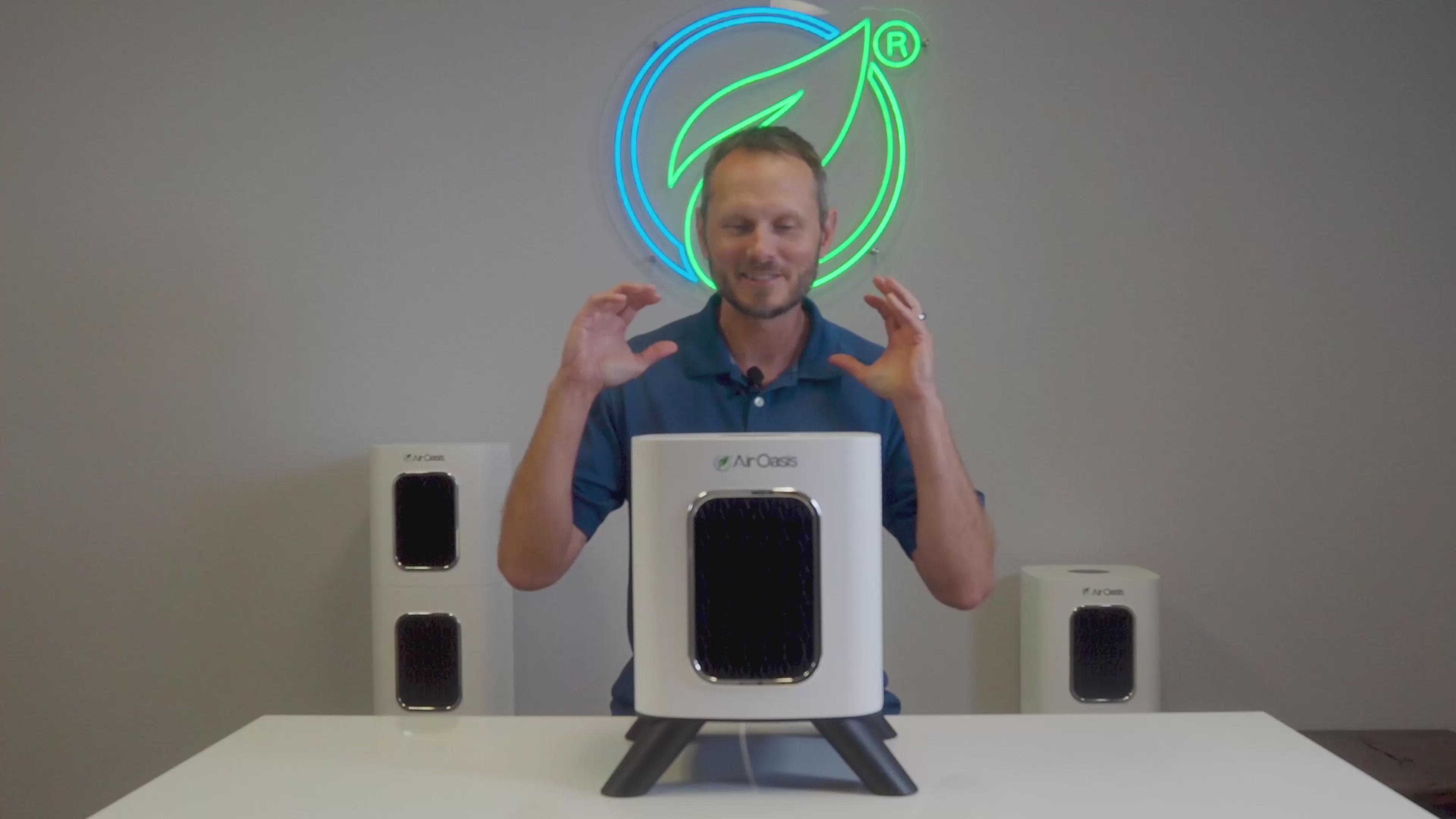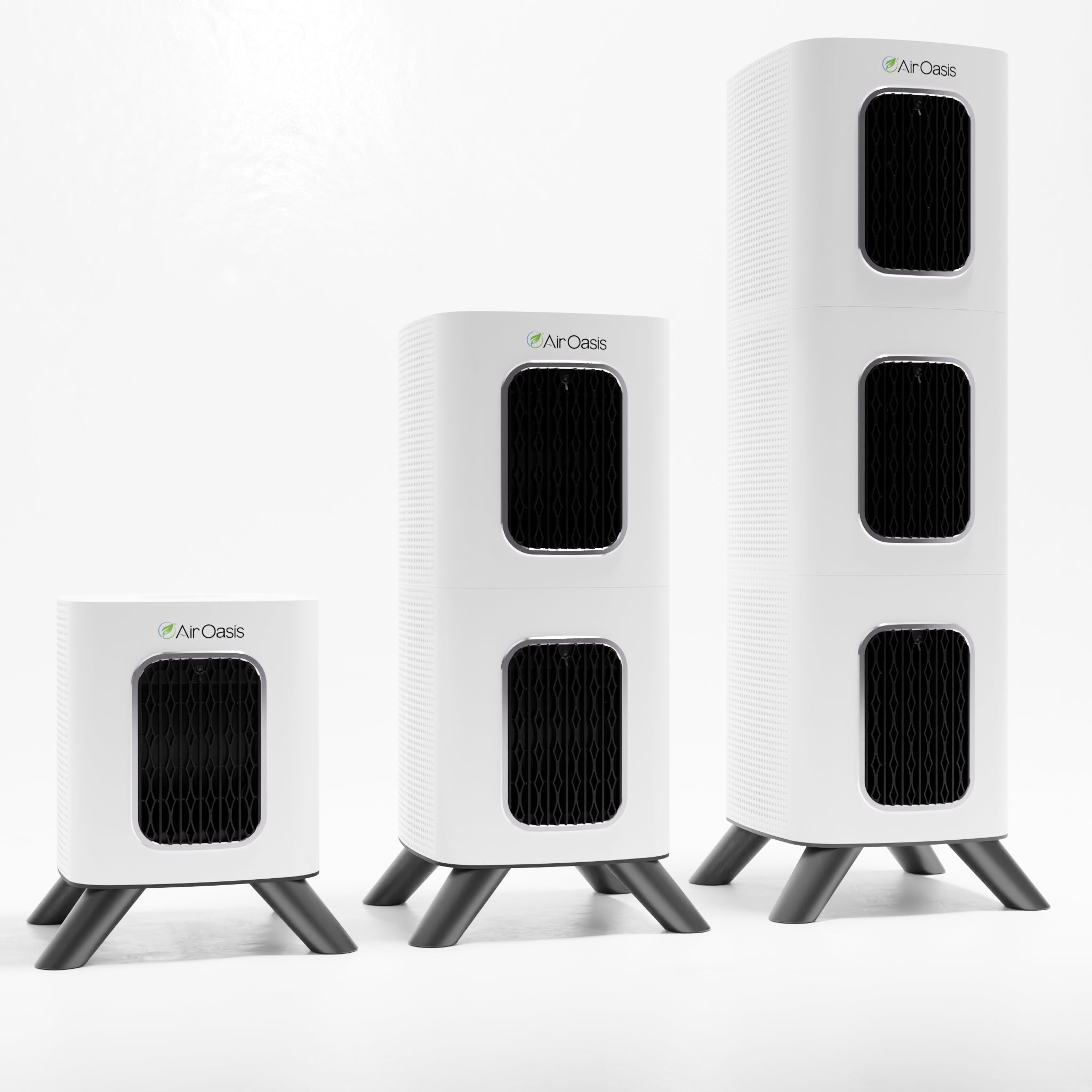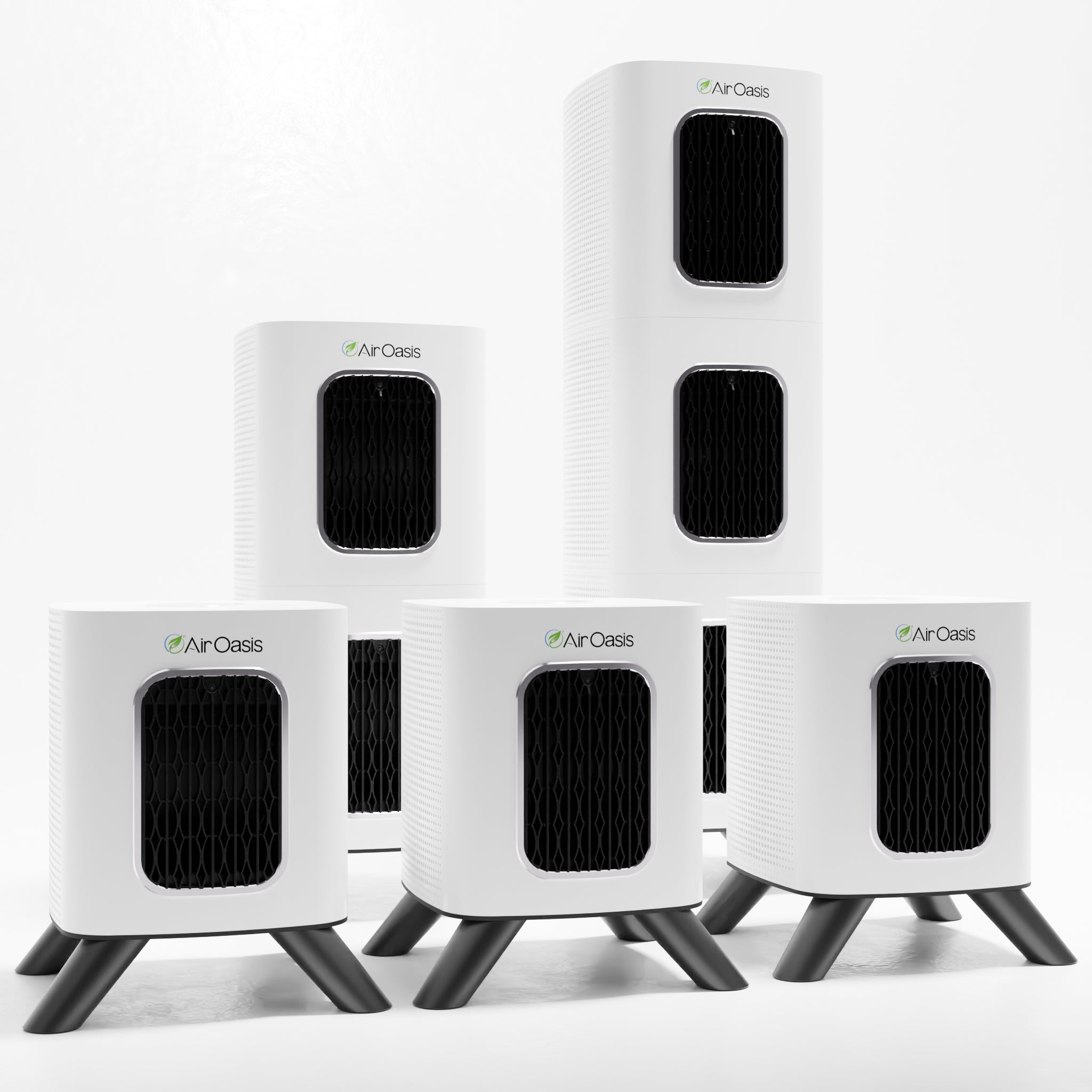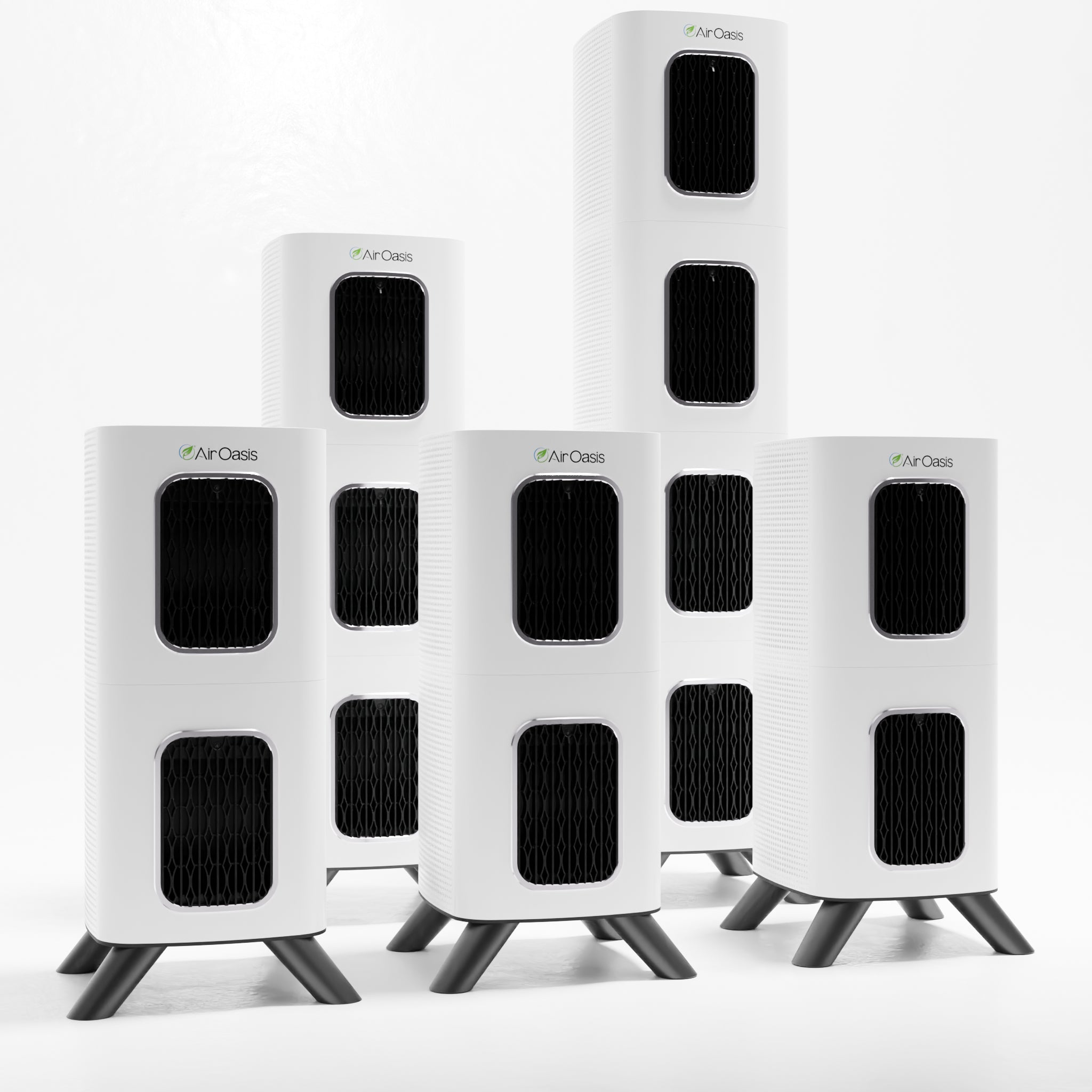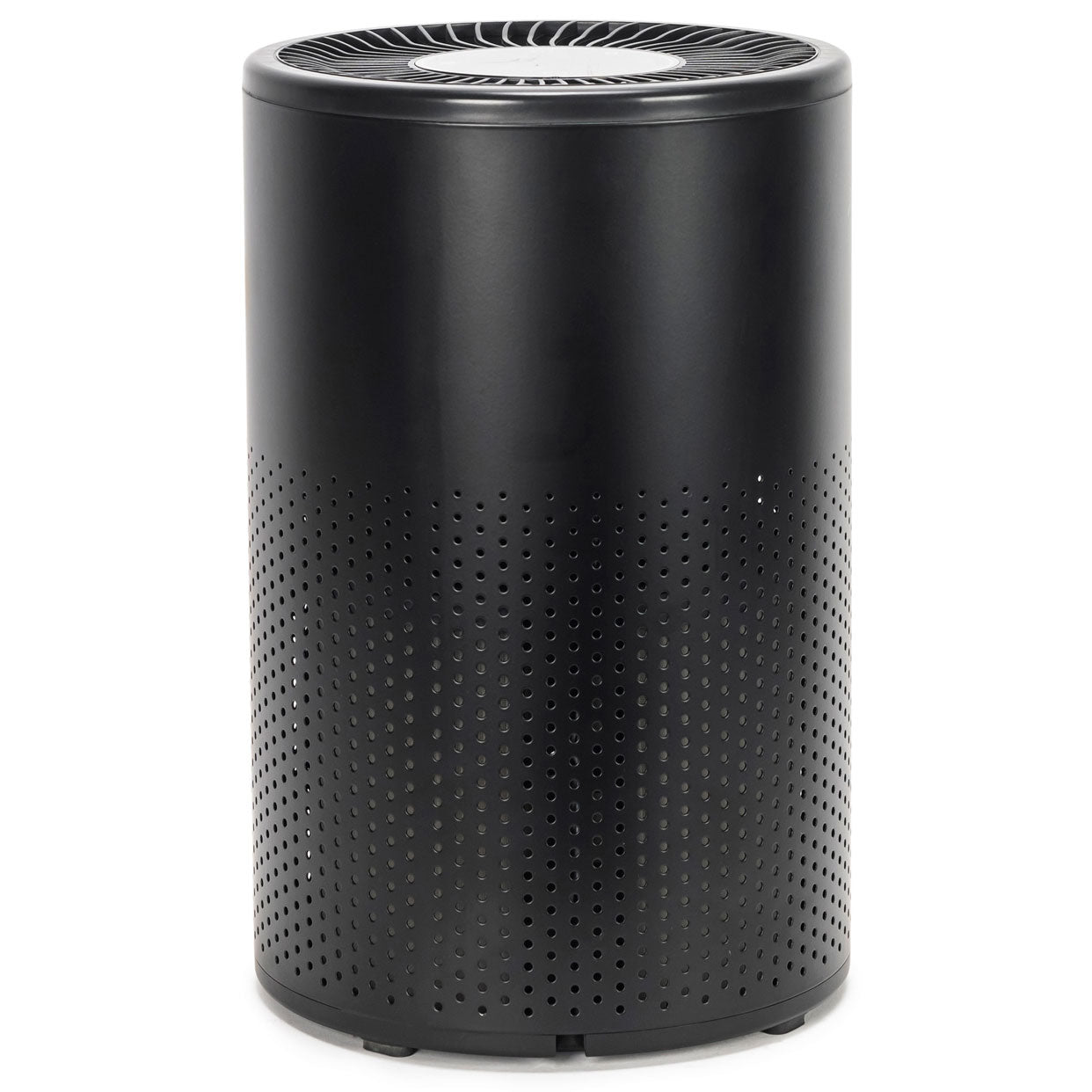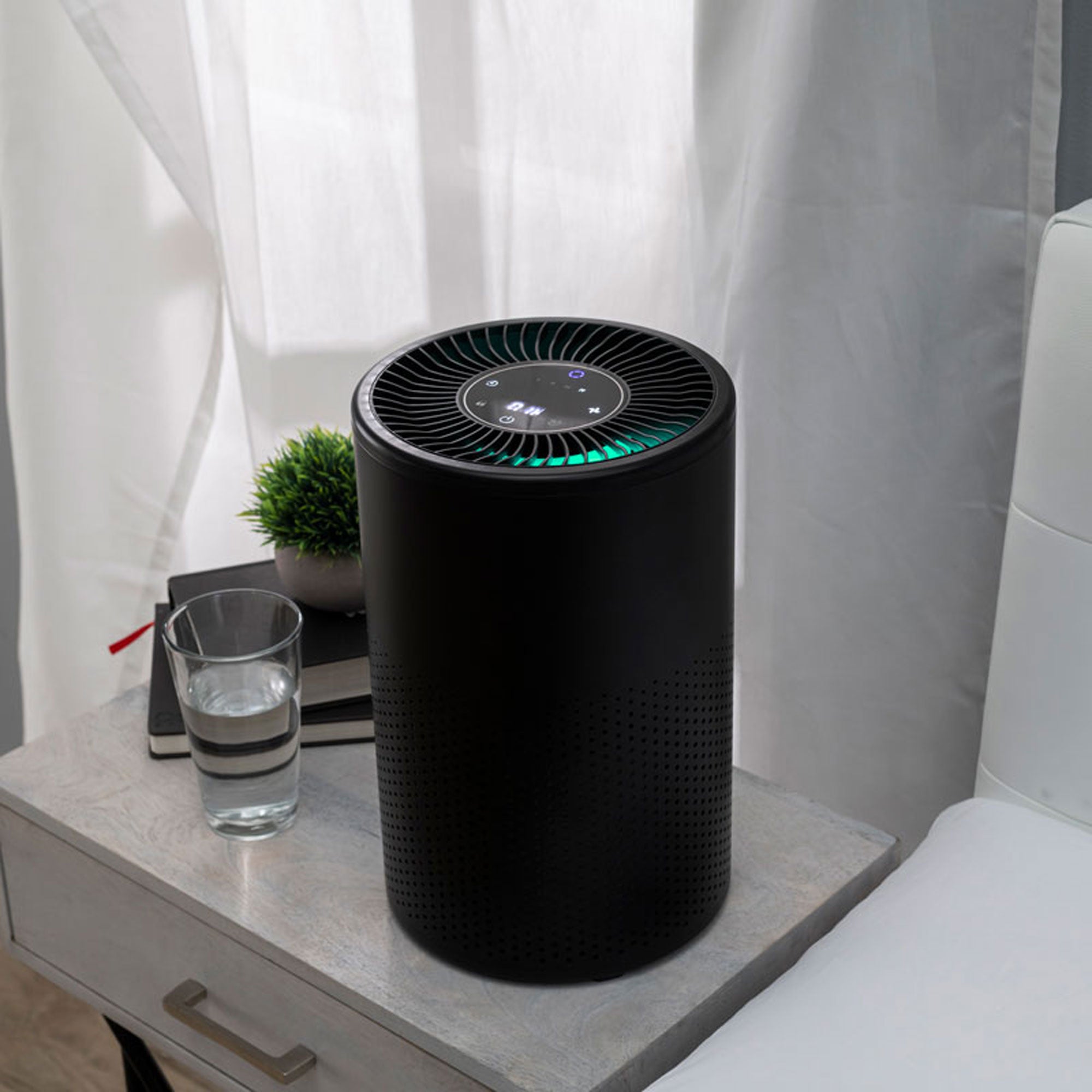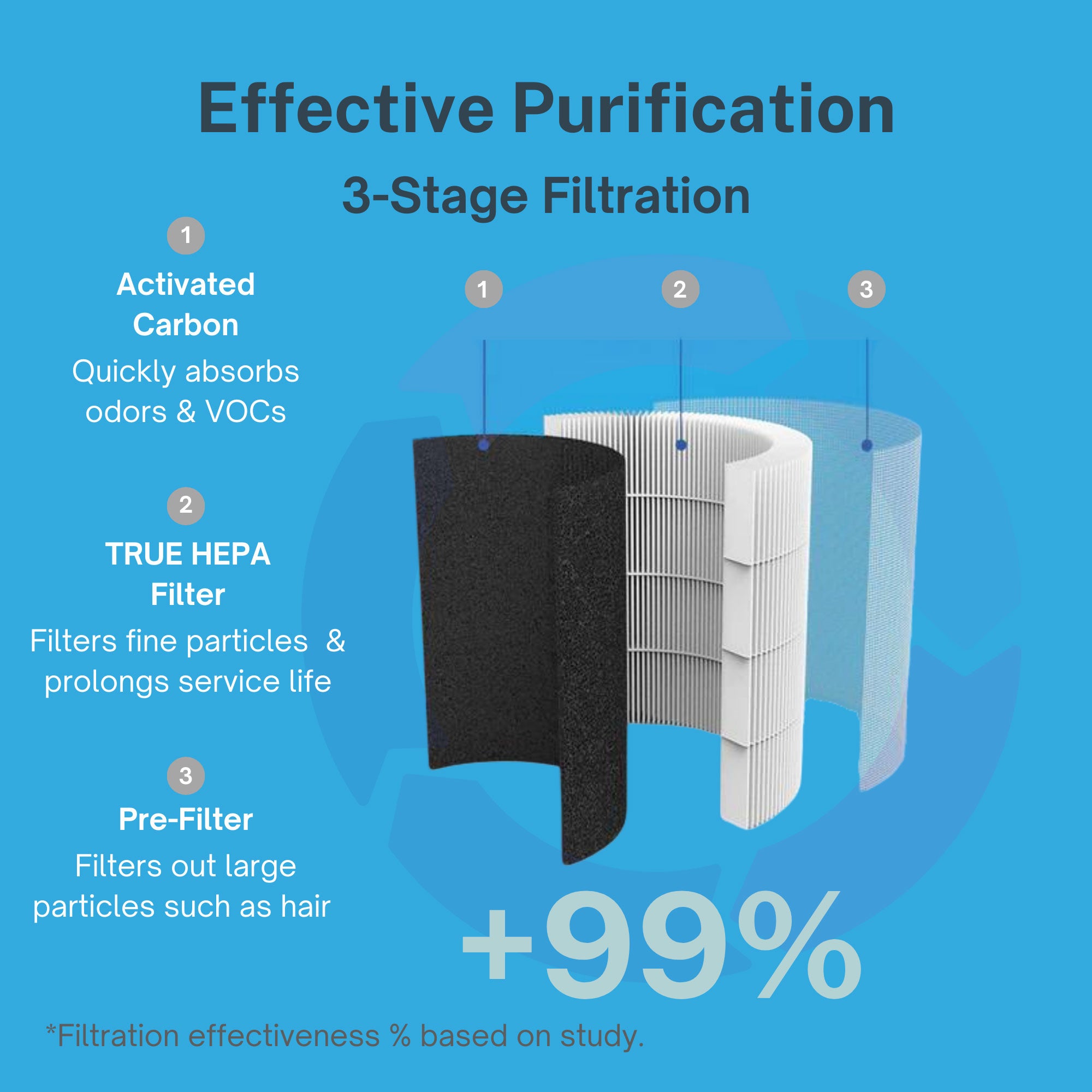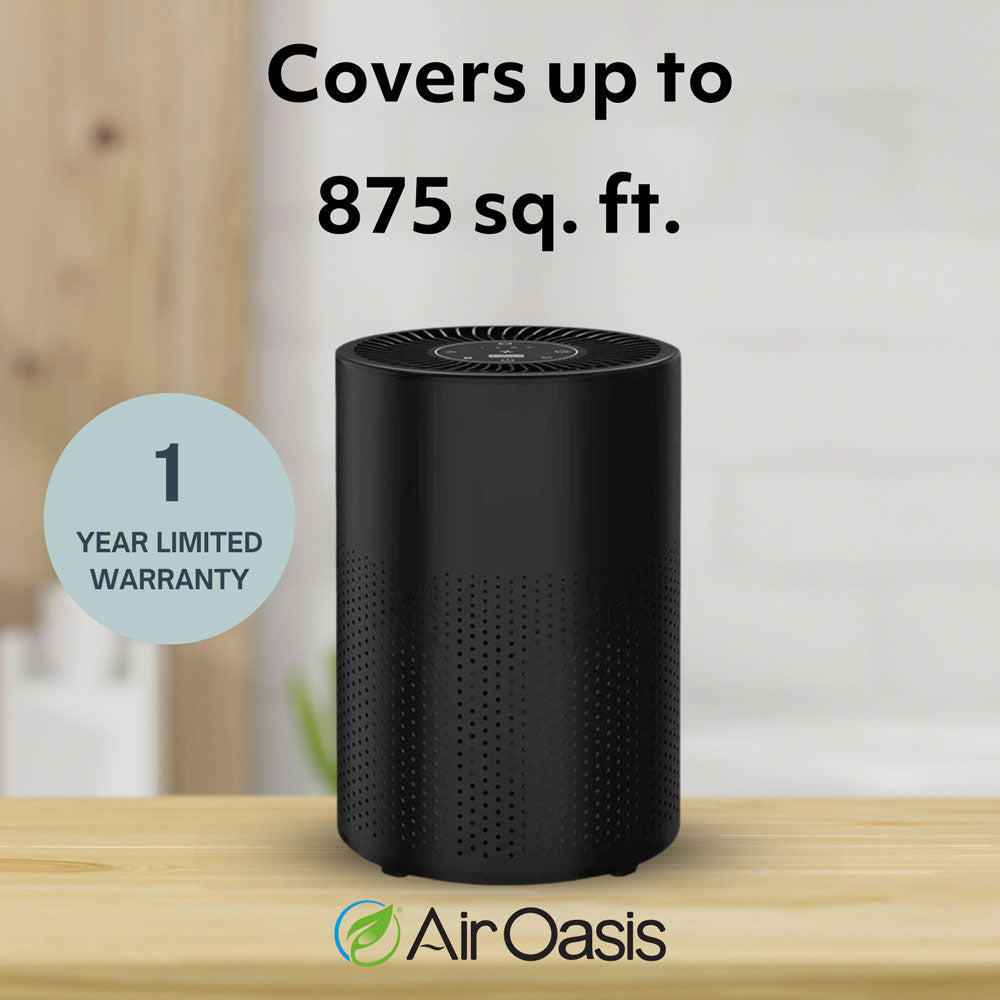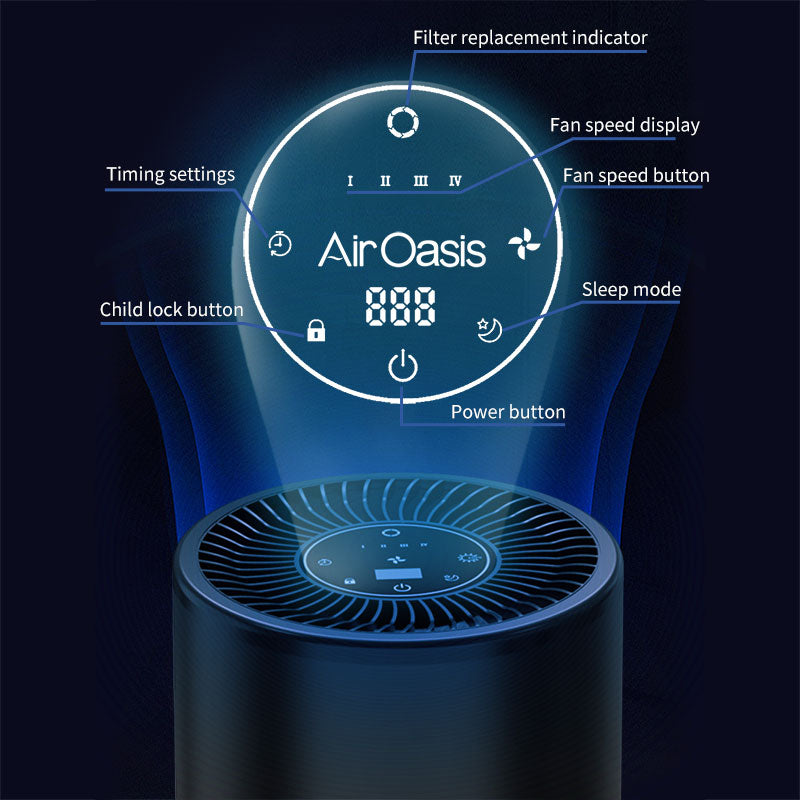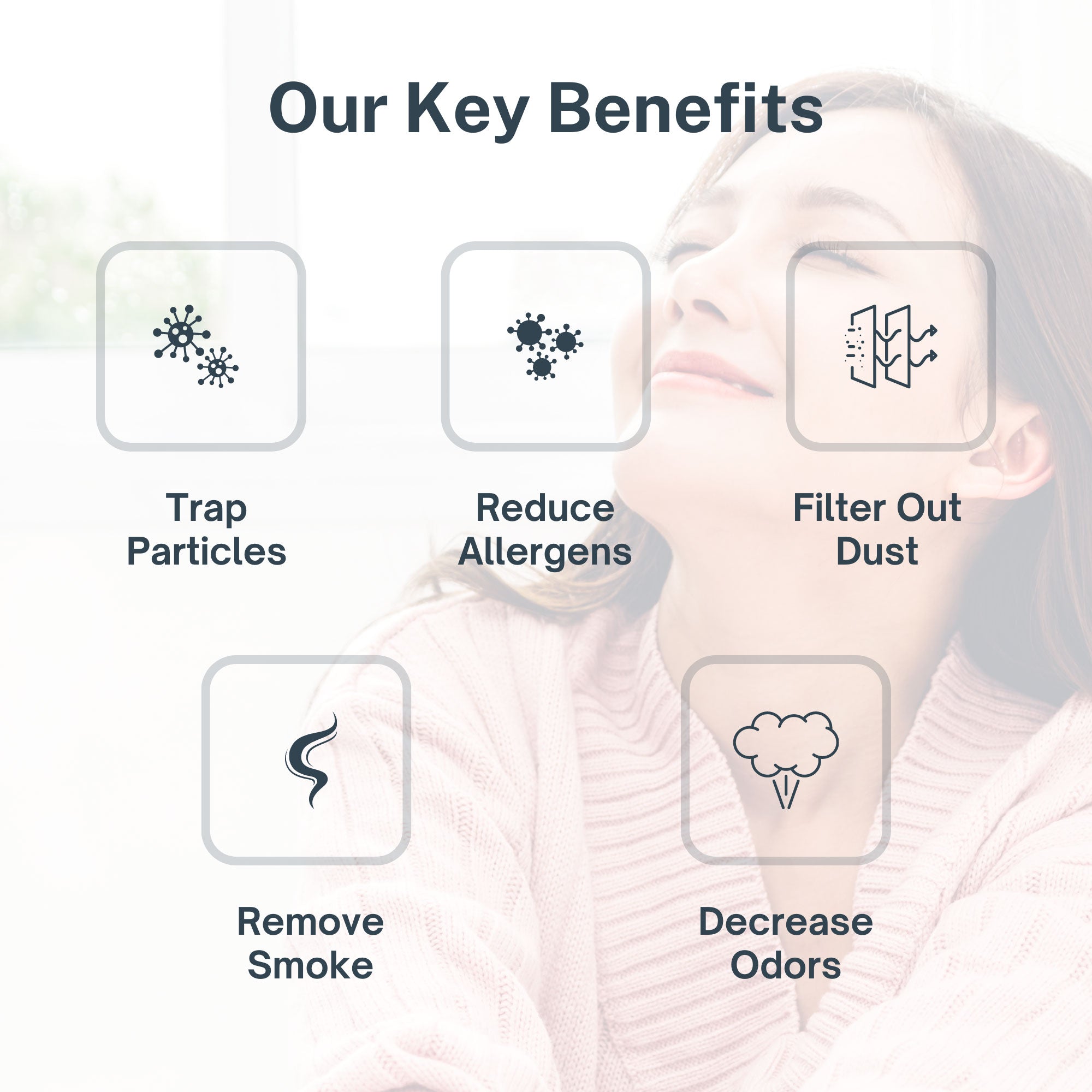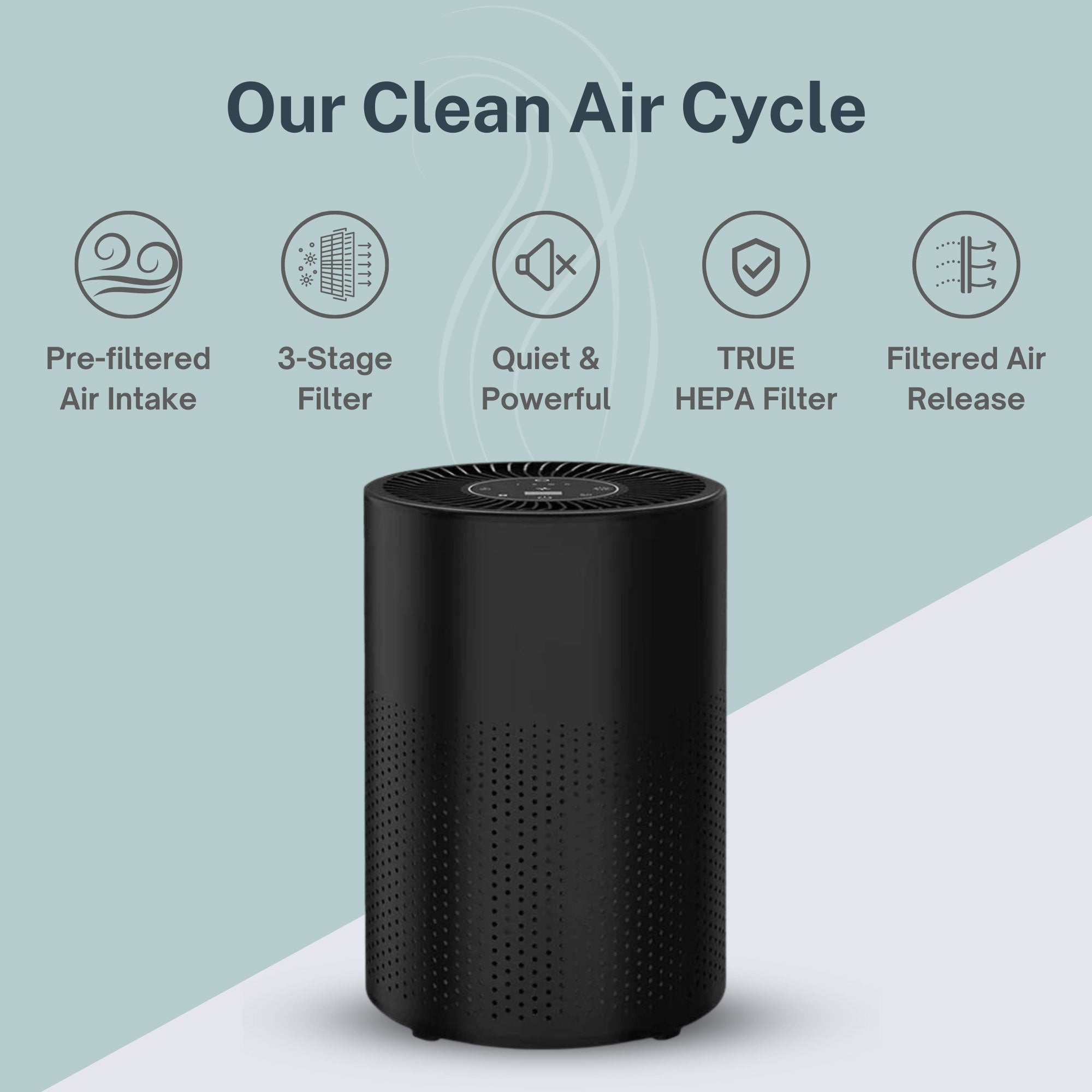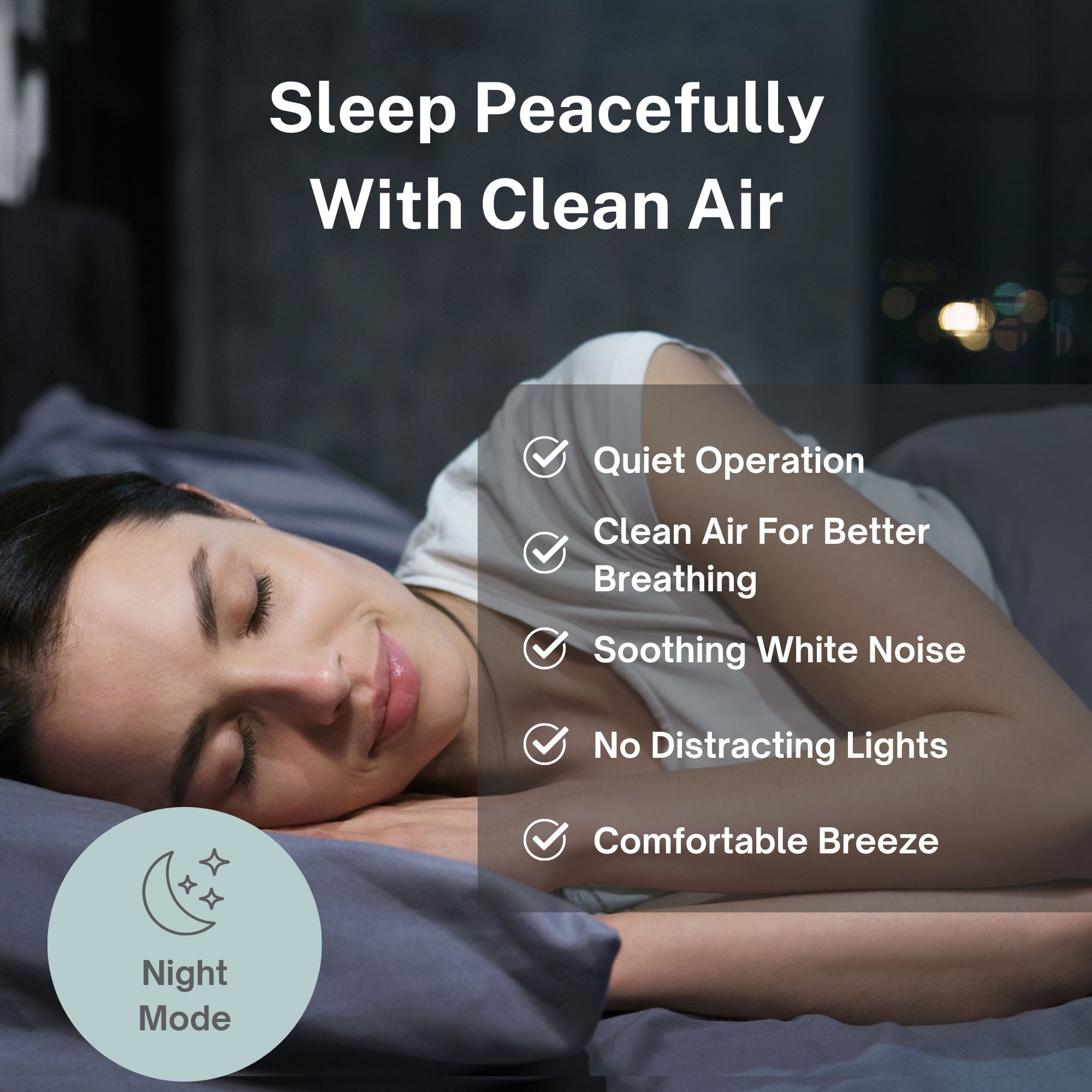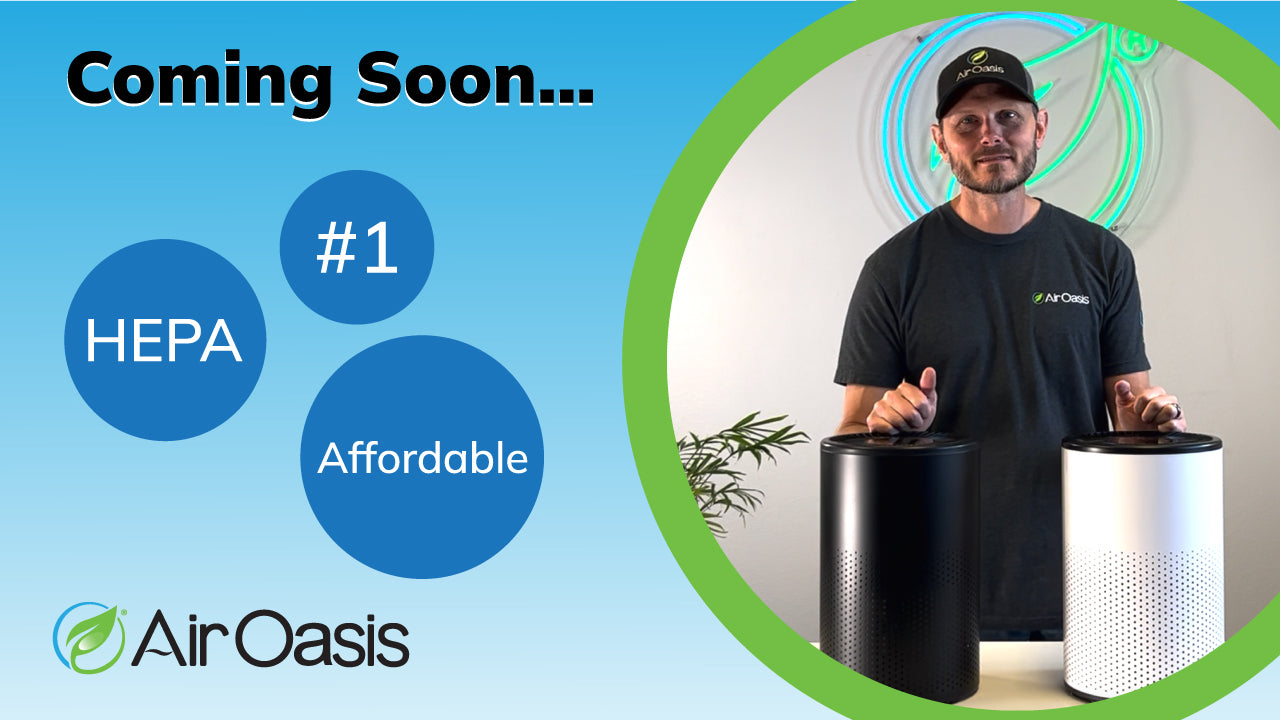Every breath you take matters more than you might realize. While we often focus on what we eat or how much we exercise, the quality of the air surrounding us plays an equally critical role in our overall health—yet it remains one of the most overlooked aspects of wellness.
Understanding PM2.5 and Its Health Implications
Deena Thomas, an assistant professor of public health at Binghamton University's Decker College of Nursing and Health Sciences, has dedicated years to studying environmental health with a particular focus on air toxicants. Her recent research examines PM2.5—particulate matter with a diameter of 2.5 micrometers or less—and its far-reaching effects on human health.
According to Thomas's findings, these microscopic particles are small enough to penetrate deep into our bodily systems. "It's so small it can affect all kinds of bodily systems," Thomas explains in her research. Her work reveals a growing body of evidence connecting air pollution not only to respiratory and cardiovascular health but also to mental health outcomes—a connection many people don't realize exists.
The Widespread Nature of Air Pollution
One of the most surprising aspects of Thomas's research is the universal scope of air pollution's impact. Many assume that air quality issues primarily affect large, densely populated urban areas, but the reality is far more extensive. Thomas's work with indigenous communities in India demonstrates how air pollution affects populations worldwide, regardless of location or industrialization.
"These are communities that do not use terms like 'air pollution' or 'climate change,' but they're making the same observations," Thomas notes in the study. Communities around the globe are witnessing similar changes—increased vehicle emissions, shifting weather patterns, health deteriorations, and even alterations in how traditional medicines work. This universal recognition of environmental changes, even when described differently across cultures, underscores the truly global nature of air quality concerns.
What makes this particularly alarming is that air pollution ranks as a leading cause of mortality worldwide, yet public awareness remains surprisingly low. When Thomas teaches environmental health courses, her students consistently express shock at learning this fact—a reaction that highlights how much education is still needed around this critical health issue.
Indoor Air Quality and Daily Exposure
While outdoor air pollution receives most of the attention, Thomas's research emphasizes that the problem extends into our homes. Household products contribute significantly to indoor air pollution, exposing us to harmful particulates even in spaces we consider safe. This reality makes addressing air quality not just an outdoor concern but a daily indoor priority as well.
The good news? Awareness is growing. Thomas has observed a meaningful shift in public consciousness, particularly following recent wildfire events across the United States and Canada. Parents now routinely check air quality reports before sending children to outdoor activities, reschedule sports events when pollution levels spike, and make informed decisions to protect family members with respiratory conditions like asthma.
This increased awareness demonstrates that when environmental data becomes accessible and understandable, people can take meaningful protective actions. However, as Thomas emphasizes, air pollution remains an incredibly complex problem without quick fixes.
Protecting Your Health Through Better Air
One promising avenue in Thomas's ongoing research explores the protective role of nutrition against environmental pollutants. "The better nourished someone is, the more resilient they might be to harmful exposures like PM2.5," she explains. While research continues in this area, it suggests that supporting our bodies through proper nutrition may help mitigate some damage caused by air toxicants.
The connection between air quality and health extends beyond what we can see or immediately feel. PM2.5 particles affect iron production in the body and impact multiple bodily systems in ways researchers are still working to fully understand. What is clear, however, is that the air we breathe plays a fundamental role in our physical and mental wellbeing.
Take Control of Your Indoor Air Quality
While we can't always control outdoor air pollution, we can take decisive action to protect our indoor environments. Understanding that household products contribute to air contamination is the first step. The second is implementing solutions that actively remove these microscopic threats from your breathing space.
Advanced air purification systems like the iAdaptAir use medical-grade HEPA filtration to capture particles as small as 0.3 microns—far smaller than the PM2.5 particles Thomas's research identifies as health threats. Combined with activated carbon filtration for chemical compounds and UV-C technology for biological contaminants, comprehensive air purification addresses the complex nature of indoor air pollution that Thomas's research highlights.
Creating a healthier home environment isn't just about reacting to wildfire smoke or visible pollution—it's about protecting your family from the daily, invisible exposures that accumulate over time. Your indoor air quality directly impacts your respiratory health, cardiovascular function, and even mental wellness.
Breathe Cleaner Air for Better Health
As Thomas's research makes clear, air quality affects every aspect of our health, from physical systems to mental wellbeing. While solving global air pollution requires complex, long-term solutions, protecting your home's air quality is something you can address today.
Ready to take control of the air your family breathes? Invest in proven air purification technology that removes PM2.5 and other harmful pollutants from your indoor environment. Shop Air Oasis today and create a healthier sanctuary for everyone you love.




